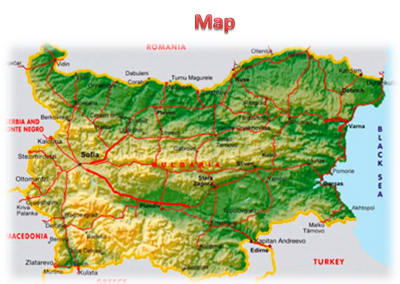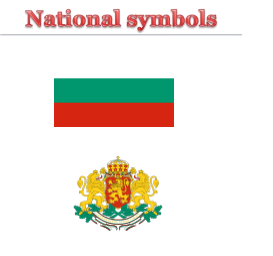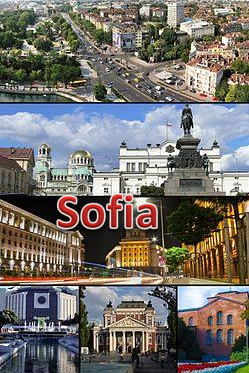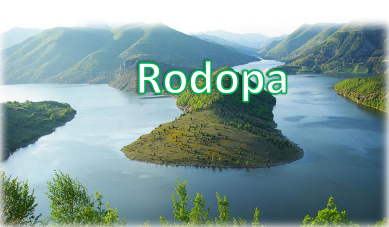
Vtoro OU „Nikola I. Vapcarov“
Our school ”Nickola Ionkov Vaptsarov”, is situated in Varna on the Black sea coast. The school was opened in 1983.It is an average size Bulgarian school accommodating 799 students in 37 classes of ages 5-14 (including 30 children with SEN) and about 86 teachers. Twenty tree years ago, classes with advanced art, choreography, music and student formations in the field of extracurricular activities - wind orchestra, majorette and dance ensemble were discovered. In 2011, the Ministry of Education and Science awarded a special award for long-lasting, consistent and successful work in extra-curricular activities. Our school participate regularly and have many awards in Art, and Sport area events. The school develops through the implementation of regional, national and European programs and projects that raise the qualification of the pedagogical team at a higher level and make it desirable and preferred by students and parents.
The exchange of experience and good practices and innovations working on various Erasmus+ projects is particularly important as it enhances the knowledge of teachers and pupils helps them to be more effective in the educational process.
As citizens of Europe, our students need to learn how to work together for the common good of all of us. It is absolutely necessary to have the opportunity to get to know different countries, to get in touch with their culture and to get to know their peers from these countries and both our teachers and our students, to see the dimension in education. The knowledge of European culture and the concept of a common coexistence in a united Europe are essential elements in order to have a positive attitude and to cope with the challenges of the future.
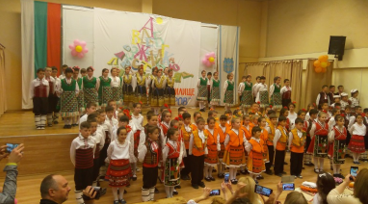
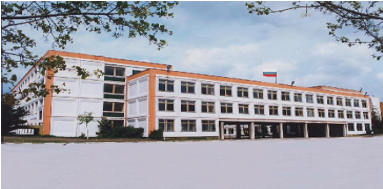
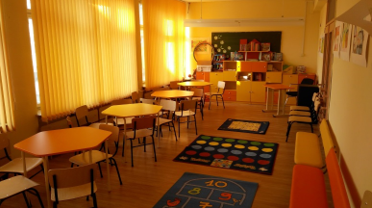
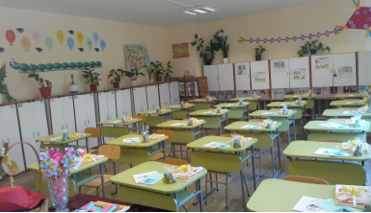
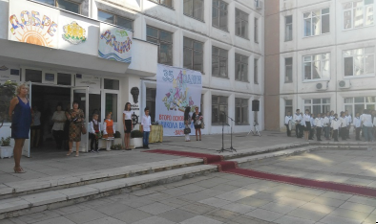


Bulgaria
Bulgaria , officially the Republic of Bulgaria , is a country in southeastern Europe. It is bordered by Romania to the north, Serbia and Macedonia to the west, Greece and Turkey to the south, and the Black Sea to the east. The capital and largest city is Sofia; other major cities are Plovdiv, Varna and Burgas. With a territory of 110,994 square kilometres, Bulgaria is Europe's 16th-largest country. Bulgaria is a parliamentary democracy where the prime minister is the head of government and the most powerful executive position. Bulgaria became a member of the United Nations in 1955 and since 1966 has been a non-permanent member of the Security Council three times, most recently from 2002 to 2003.It was also among the founding nations of the Organization for Security and Cooperation in Europe (OSCE) in 1975. Euro-Atlantic integration has been a priority since the fall of communism, although the communist leadership also had aspirations of leaving the Warsaw Pact and joining the European Communities by 1987.Bulgaria signed the European Union Treaty of Accession on 25 April 2005, and became a full member of the European Union on 1 January 2007.
Contemporary Bulgarian culture blends the formal culture that helped forge a national consciousness towards the end of Ottoman rule with millennia-old folk traditions. Nine historical and natural objects are UNESCO World Heritage Sites: Pirin National Park, Sreburna Nature Reserve, the Madara Rider, the Thracian tombs in Sveshtari and Kazanlak, the Rila Monastery, the Boyana Church, the Rock-hewn Churches of Ivanovo and the ancient city of Nesebar.
